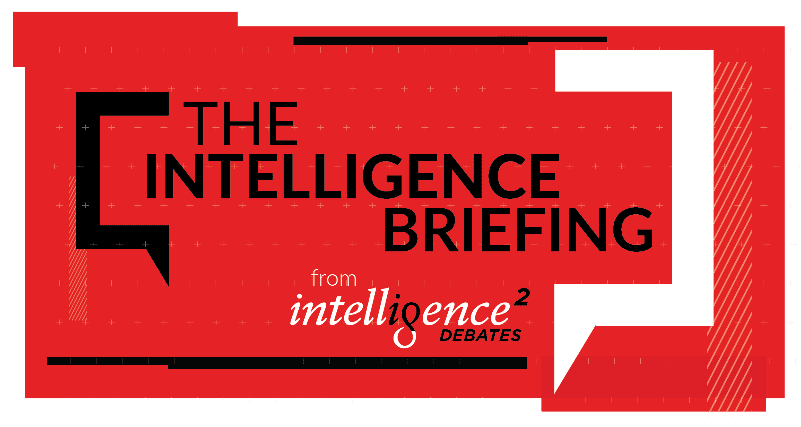Here’s what we have in store:
-That’s Debatable: Broadband for All?
-Intelligraphic: The Democracy Download
-Double Digits: 30
-Points of View: Insights and analysis from past debaters
Sign up here to find us in your inbox each week and if you like what you read, consider sharing our newsletter with a friend here. You can always reach us at info@opentodebate.org with ideas and feedback.
THAT’S DEBATABLE
Two perspectives on one of the nation’s biggest debates this week.
Broadband for All?

For: Doing Schoolwork in the Parking Lot Is Not a Solution
Against: Is Broadband a Public Utility? Let’s Hope Not
““Broadbandification is a goal many share. Treating broadband as a public utility, however, would not change underlying cost structures or the challenges of reaching those who do not have access, nor would it magically provide new capital that could be invested efficiently in extremely high-cost areas.” – Technology Policy Institute

“Is the internet a right? […] the fact of the matter is, everybody needs it, particularly now and frankly, in the future. It’s not going to change when the pandemic is over whenever that is. So why shouldn’t Congress step up and make sure that everybody has it?”
Gigi Sohn
Distinguished Fellow, Georgetown Law Institute for Technology Law & Pollicy

“Saying the government is obligated to provide every citizen, to guarantee every citizen access to internet speeds comparable once you get in cities, no matter where they choose to live, is a choice we can make as a society, it’s just very expensive.”
Christopher Yoo
Professor of Law, University of Pennsylvania Law School
INTELLIGRAPHIC
The Digital Download
DOUBLE DIGITS
When one number tells two stories.
30%
The percentage of public K-12 students without adequate internet or devices for remote learning.
Boston Globe: Listen to the science and reopen schools
WBUR: We All Want Schools To Reopen Fully. That Doesn’t Mean They Should
POINTS OF VIEW
Top insights and news from the intellectual leaders
who have battled it out on the Open to Debate stage.
–David Brooks envisions how a Biden victory may reshape the American political landscape and holds out hope for moderation. (Read more via The New York Times, David’s debate on the two-party system.)
-Meanwhile, Sally Pipes points to the Biden “unity” task force’s agenda as catering to the party’s extremes, calling his moderation into question. (Read more via FOX, Sally’s debate on Medicare.)
-Is anti-racism training, popularized by authors like Robin DiAngelo, in fact perpetuating white supremacy? Jonathan Chait makes the case. (Read more via Intelligencer, Jonathan’s debate on Obamacare)
– Lawrence Krauss weighs in on whether scientific inquiry is immune from political ideology (Read more via the Wall Street Journal, Lawrence’s debate on science and religion.)
– Jessica Grose argues that working from home disproportionally disrupts working mothers’ careers. (Read more via The New York Times, Jessica’s debate on millennials.)
















